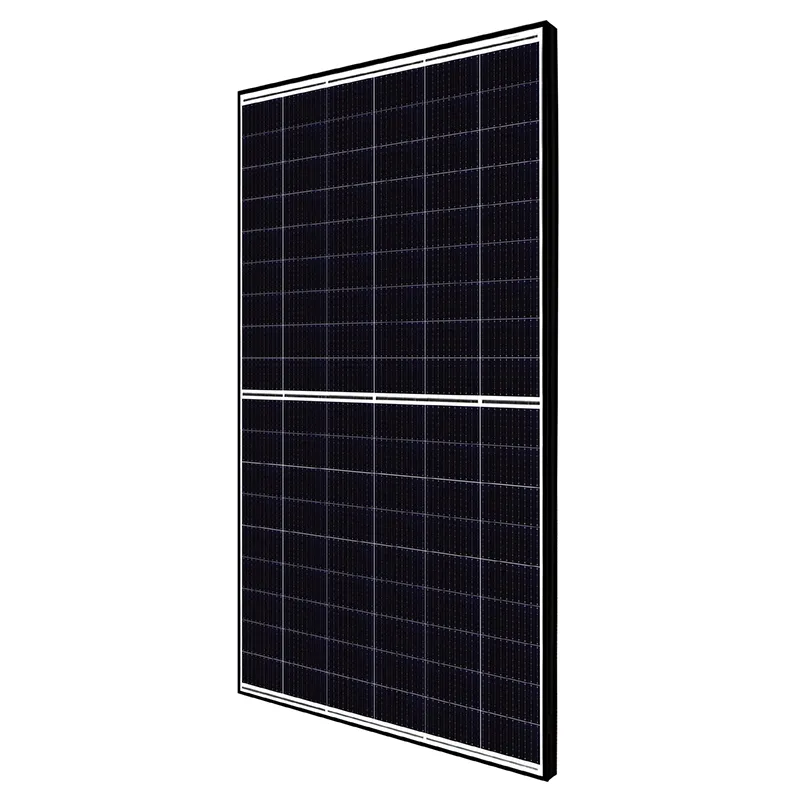3 phase hybrid inverter
Understanding 3-Phase Hybrid Inverters A Comprehensive Overview
In recent years, the push toward renewable energy solutions has gained tremendous momentum. One of the key technologies facilitating this transition is the hybrid inverter, specifically the 3-phase hybrid inverter. This innovative device is instrumental in managing energy generation and consumption, providing a seamless bridge between solar power systems and the grid, while also accommodating energy storage solutions.
What is a 3-Phase Hybrid Inverter?
A 3-phase hybrid inverter is an electrical device that converts direct current (DC) generated from renewable resources, such as solar panels, into alternating current (AC) suitable for home, business, or grid use. Unlike standard string or micro-inverters, the hybrid inverter is designed to give more flexibility by integrating the functions of energy storage systems, meaning it can manage not only the solar energy being produced but also the energy stored in batteries, alongside grid-supplied power.
Key Features of 3-Phase Hybrid Inverters
1. Versatility in Energy Management One of the primary advantages of a hybrid inverter is its ability to manage multiple sources and types of energy, including solar panels, batteries, and the electrical grid. This functionality allows users to optimize their energy consumption based on availability and cost.
2. Energy Storage Integration These inverters can store excess solar energy generated during the day into batteries. This stored energy can be used at night or during power outages, thereby increasing energy independence and resilience.
3. Grid Interaction A 3-phase hybrid inverter can work with or without the electrical grid. During a grid outage, the inverter can supply energy from stored batteries, ensuring critical loads remain powered.
4. Enhanced Efficiency Compared to traditional inverters, hybrid models typically boast improved energy conversion efficiency. This means more of the stored solar energy can be utilized effectively, reducing wastage.
5. Smart Monitoring and Control Many modern hybrid inverters come equipped with advanced monitoring software, allowing users to track their energy production, consumption, and storage in real-time. This feature enhances decision-making about energy usage.
3 phase hybrid inverter

Applications of 3-Phase Hybrid Inverters
3-phase hybrid inverters are particularly advantageous for medium to large-scale applications. They are often used in
- Commercial Buildings Businesses can leverage hybrid inverters to reduce utility bills and increase reliance on renewable energy. The storage component helps manage peak demand periods effectively.
- Industrial Facilities Industries that consume large amounts of electricity can significantly benefit from integrating solar solutions with hybrid inverters, leading to substantial cost savings.
- Microgrid Systems They play a crucial role in microgrid solutions that integrate renewable sources for localized energy production, especially in remote areas.
The Future of 3-Phase Hybrid Inverters
As the demand for renewable energy continues to surge, so too does the importance of efficient power management solutions like 3-phase hybrid inverters. Ongoing advancements in technology are expected to increase the efficiency and capabilities of these devices. This includes improvements in battery technology, smart grid integration, and artificial intelligence capabilities that could further optimize energy use.
Regulatory trends toward renewable energy incentives and mandates are also likely to accelerate the adoption of hybrid inverter systems. As governments around the world promote energy independence and sustainability, technologies enabling efficient energy management will become increasingly critical.
Conclusion
3-phase hybrid inverters are at the forefront of the transition to renewable energy. By facilitating the effective integration of solar power and battery storage with grid energy, they provide a versatile and efficient solution for various applications. As we progress into a future increasingly reliant on clean energy, understanding and utilizing hybrid inverter technology will be essential for consumers and businesses alike. This transition not only leads to economic benefits but also plays a vital part in addressing the global challenge of climate change. Investing in hybrid inverter systems today can pave the way for a sustainable energy future tomorrow.
-
String Solar Inverter: The High-Efficiency Solution for Smart Solar EnergyNewsJul.14,2025
-
Revolutionizing Rooftop Energy with the Power of the Micro Solar InverterNewsJul.14,2025
-
Power Independence with Smart Off Grid Solar Inverter SolutionsNewsJul.14,2025
-
On Grid Solar Inverter: Powering the Future with Smart Grid IntegrationNewsJul.14,2025
-
Monocrystalline Solar Panels: High-Efficiency Power for the Future of Clean EnergyNewsJul.14,2025
-
Bifacial Solar Panel: A Smarter Investment for Next-Generation Energy SystemsNewsJul.14,2025







